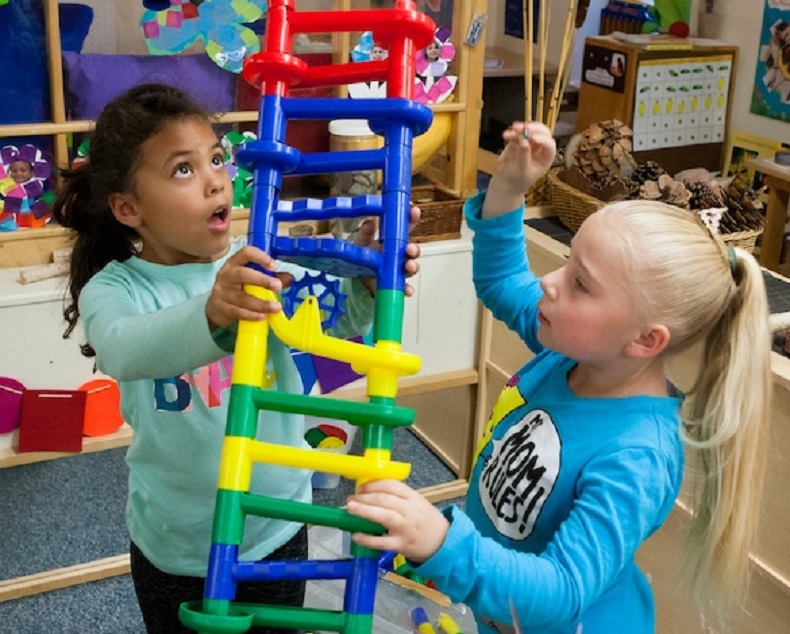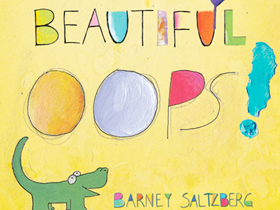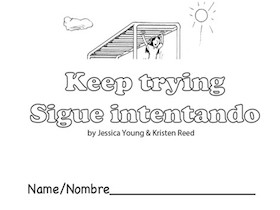The Power of Making Mistakes
By Jessica Young and Kristen Reed
Recent neurological research on the brain shows what happens when we make mistakes. Surprisingly, the research tells us that making a mistake is actually a good thing! Mistakes are not only opportunities for learning, as students consider their mistakes, but also a time when our brains grow. The goal is to normalize mistakes and help children understand that it’s okay to make mistakes, especially when we are learning something new. “I’m not going to be good at this right away, I’m going to make mistakes, and that’s okay.”
Recent neurological research on the brain shows what happens when we make mistakes. Surprisingly, the research tells us that making a mistake is actually a good thing! Mistakes are not only opportunities for learning, as students consider their mistakes, but also a time when our brains grow. The goal is to normalize mistakes and help children understand that it’s okay to make mistakes, especially when we are learning something new. “I’m not going to be good at this right away, I’m going to make mistakes, and that’s okay.”







